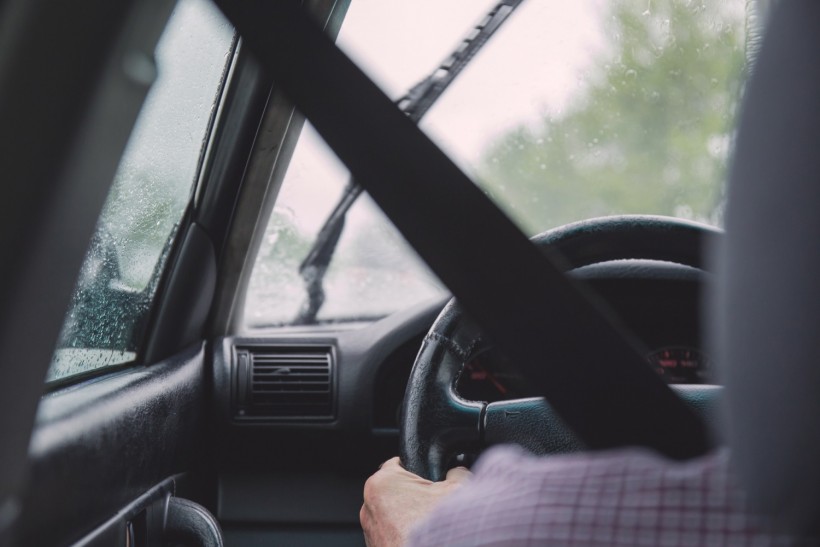Based on the latest reports from the legal and highway safety sectors, an estimated one million people are arrested for driving while intoxicated each year in the United States. Some might argue that the number of people who drive under the influence of alcohol but don't get caught is probably much higher. In many cases, drunk drivers cause serious accidents that result in extensive injuries and even loss of life. Even in cases where drivers are pulled over without being in an accident, though, the consequences of driving while intoxicated can be quite harsh.
Breaking Down the Consequences of Drinking and Driving
For those who are arrested for driving while intoxicated either under suspicion or after a car accident, stiff repercussions generally ensue. This is the case whether it's a first offense or a repeated infraction. Those penalties can be life-altering, causing offenders to lose their driving privileges as well as their freedom. Driving under the influence of alcohol can be expensive from many angles as well. Take a look at some of the common consequences of drinking and driving.
License Suspension
At this point, almost everyone who is arrested for driving while intoxicated will have their driver's license suspended. DUI reports are sent to state DMV offices, and those are cross-referenced against licensed drivers in that state. In turn, those who are caught driving with a blood alcohol concentration of 0.08 percent or higher, which is the legal limit for most drivers, will find their license suspended. Sometimes, the court system will set forth a mandatory license suspension in addition to the one imposed by the DMV if a person is convicted of driving under the influence.
License suspensions vary by state and based on the number of previous offenses. For those who are caught driving while intoxicated for the first time, the suspension may last 30 days or so. Those who do so repeatedly may have their licenses suspended for a year or longer or face revocation. Some states allow convicted drivers to apply for special licenses that allow them to legally drive to work or other essential places, but that's not always permitted. In some states, DUI convictions result in the required installation of an ignition interlock device. This device requires drivers to blow into them to test for alcohol on their breath before allowing their vehicles to start.
Incarceration
Many states also impose mandatory jail time on those who are arrested for driving under the influence of alcohol. These laws vary by state, but minimum required incarcerations even for first offenses can range from 24 hours to a year or more depending on the surrounding circumstances. Some states don't incarcerate first offenders, though that's becoming less common.
Financial Penalties
In terms of financial penalties, the cost of driving while intoxicated add up. Some states have mandatory fines of $500 or more for first-time convictions, and the cost rises with each additional offense. On top of that, people who drive drunk may have to pay license reinstatement fees, court costs, restitution, and reimbursements for damages and medical expenses for anyone injured in an accident.
Paying the Price for Driving While Intoxicated
Those are some of the most common results of driving under the influence of alcohol. Some people may receive minimal repercussions whereas others may find themselves on the extreme end of the spectrum. These days, though, everyone who drinks and drives will ultimately face consequences for their actions whether it's a first offense or a repeated one.
© 2024 NatureWorldNews.com All rights reserved. Do not reproduce without permission.
* This is a contributed article and this content does not necessarily represent the views of natureworldnews.com






